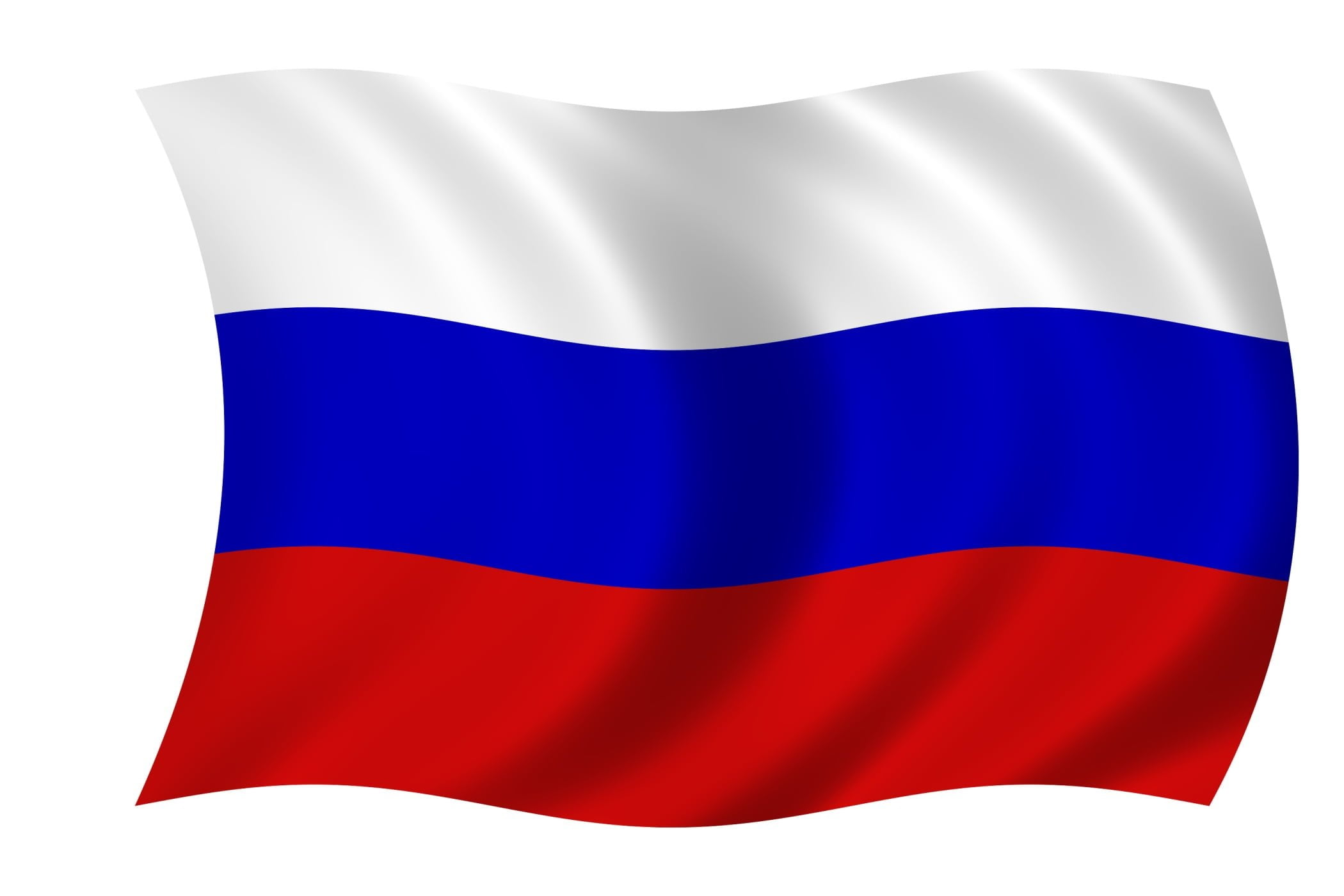08/05/2015 By Robbin Laird
When addressing the question of the threat posed by Putin’s Russia, it is crucial to not do an in-itself assessment but look at the context within which Russian actions are occurring and their broader consequences.
The industrial democracies are entering unchartered territory with the confluence of many challenges at the same time, represented in part by the uncertainty about how to characterize the decade ahead.
What is clear is that the period after 1815 where the Council of Europe established a status quo order and fell apart later in the century has its parallel with the post-1989 era.
The West saw the expansion of the European Union and NATO as shaping a more stable, cohesive and prosperous period.
That period is at an end, and a more challenging global situation is replacing it, one in which actions in one part of the global dynamic has consequences beyond its proximate occurrence.
Putin flat out rejects the post-1989 order and is willing to use military force to reshape Russia’s geopolitical situation.
Rather than being 19th century in character as Secretary Kerry has labeled it, this stance is unfortunately very 21st century.

Whether it be ISIS using a wide variety of tools to rewrite the map of the Middle East or Chinese island building and assertion with increasing success of their concept of their “legitimate air space”, the use of various military means are clearly on the agenda as legitimate restructuring and map making efforts.
It is not an aberration, but a defining characteristic of the decade ahead.
And the Russians have brought back clearly the potential political utility of nuclear weapons – by using direct and indirect threats against those whose behavior they wish to influence – and by building up their so-called tactical nuclear arsenal.
Herman Kahn generated an intellectual effort to see nuclear weapons as part of warfighting and political discourse – Putin is the 21st century Herman Kahn.
The knock on consequences of what Putin is about is even more significant than what he is doing.
Other authoritarian leaders are looking at the evolving tool set and noticing what seems to work, or where perhaps risks are greater than one might wish to take.
The Russians have torn up the Budapest Memorandum on Security Assurances with Ukraine, overturned the INF agreement by their actions, and yet are supposedly one of the states enforcing the new Iran agreement. The reality of course is that by being a major nuclear power, Russia sits at the table generating a process which will release significant money to Iran which almost certainly go in part to feed Russian economic and military interests.
In turn, this feeds into the broader restructuring efforts in the Euro-Med region, from Greece, to Cyprus, to Syria, to Egypt, and Iran.
Not bad when you look at the structural weakness of the Russian military, but strong enough to have assets which can be used to reshape the role of Russia in an age of flux and conflict.
And their continuing commitment to space activities also yields the opportunity to work with the United States in the face of the strategic reversal going on in Europe.
Recently, the Obama Administration announced that it is signing an agreement with Russia to continue to fly Americans to the Space Station in spite of Russian behavior.
NASA informed lawmakers on Wednesday that because Congress has failed to fully fund its Commercial Crew Program for the last five years, it is signing a $490 million contract extension with Russia to send Americans to space.
The new contract, running through 2019, means that NASA will continue to depend on Russia to get its astronauts to space even as tensions between Washington and Moscow escalate.
It will put money in Russia’s pockets even as U.S. economic sanctions seek to put pressure on Russian President Vladimir Putin’s government over the conflict in Ukraine.
It will also make the U.S. susceptible to threats from Russia, which in the past has suggested it could stop taking U.S. astronauts to the International Space Station. The U.S. has relied on Russia since retiring its space shuttle program.
The crisis in Europe is clearly a significant backdrop to Russian actions, with a virtual certainty that Germany will not play a key role undercutting a carefully calibrated Russian resurgence.
And with German preoccupied with the fate of the European Union and the European currency, and the historical proclivity to ignore modern military realities, the Russians seem to have little concern with their ability to push the envelope on reshaping their geographical space.
When one adds to the Russian dynamic, Chinese global maneuvering the challenges for the industrial democracies are enhanced.
There is little question that the Chinese and Russians are not shaping a core alliance, for neither really has or needs allies to get in the way of the efforts of their authoritarian leader’s capability to define assertive national agendas.
Rather, the overlap of tactics between the Chinese and the Russians in the pursuit of their separate strategic agendas is the domain, which challenges the industrial democracies.
In short, the Putin Agenda for global restructuring is like throwing a match into an explosive global situation.
There clearly has been a reset in Russian relations with the United States and the industrial democracies, but perhaps not quite what the originators of the reset strategy had in mind.
Also see the following piece by Harald Malmgren:
http://sldinfo.wpstage.net/europe-reconsidering-itself/
This presentation was given to The Williams Foundation board in Canberra, Australia on August 5, 2015.
The slides from the presentation can be seen below:


